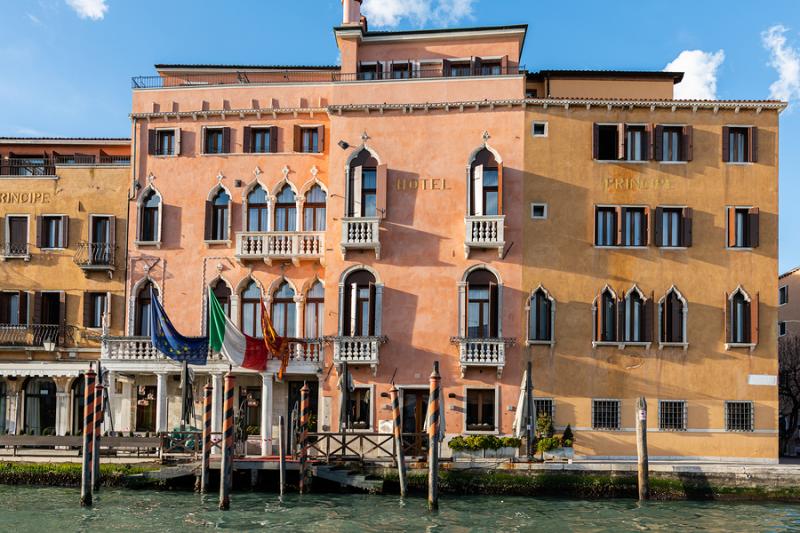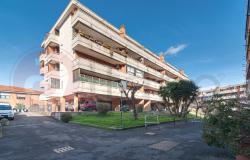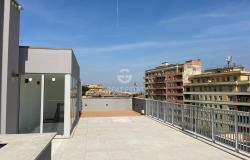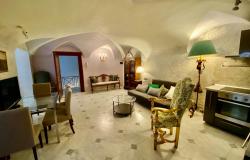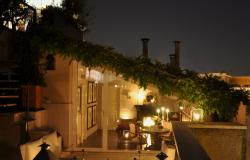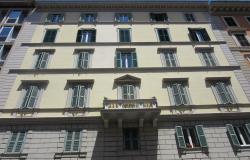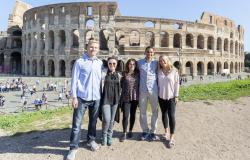Italian hotels were never forced to close during the Italy’s two-month-long lockdown, but many chose to shut their doors given the costs to remain open while practically empty.
As Italy began a further ease of restrictions on May 18, with the reopening of shops, hairdressers, cafés and restaurants, hotels are slowly starting or preparing to reopen as well.
The new safety rules that will need to be adopted, plus the current ban on inter-regional and international travel still in place in Italy (expected to be lifted on June 3 for regions and EU countries) have caused some hoteliers to decide to reopen at an even later stage as the costs would be too high to maintain.
“We’re asking guests to collaborate doing neither more nor less than what they are required to do in their daily life,” says Alessandro Nucara, the director of Federalberghi, the largest association representing Italian hoteliers. “And that’s washing their hands frequently, keeping a distance of at least one meter and, when prescribed, wearing a mask.”
Let’s look at the new rules in detail.
- Clear, adequate information on prevention measures must be provided, in different languages.
- Body temperature may be detected, preventing access to those with a temperature higher than 37.5°C.
- Compliance with the interpersonal distance of at least one meter in all common areas must be ensured; whenever possible, different routes should be set up, especially as it refers to entrance and exit areas. In this regard, it is recommended to post signs and delimit spaces, for example with stickers to be attached to the floor, path markers, etc.
- The reception area may be equipped with physical barriers (e.g. screens). At the end of each work shift, the receptionist must clean the work surface and the equipment used.
- To reduce lines at check-in, customers will be invited to send their information and a copy of their ID by e-mail before arriving at the hotel. Contactless payments will be favored, and guests are advised to keep the key for the duration of their stay. The transition to electronic keys and self check-in systems will be accelerated.
- Rooms will be cleaned daily, with particular attention to the objects that come into contact with the guest more frequently, such as switches, handles, telephone, remote controls, etc. Cleaning staff will be required to change gloves for each room and rooms will be sanitized at each change of guest.
- Guests must always wear a mask in common areas; staff are required to always wear a mask when dealing with customers, and in any situation where it is not possible to guarantee the interpersonal distance of at least one meter.
- Hand sanitizers must be available in various locations within the structure, promoting their frequent use to customers and employees.
- Frequent cleaning and disinfection of all common spaces must be ensured, with particular attention to surfaces touched more frequently (handrails, light switches, lift buttons, door and window handles, etc.).
- Indoor air quality and ventilation must be monitored and periodically ensure natural ventilation throughout the day.
- In hotel restaurants, buffets are discouraged, while in-room service should be provided if the client requests it.
